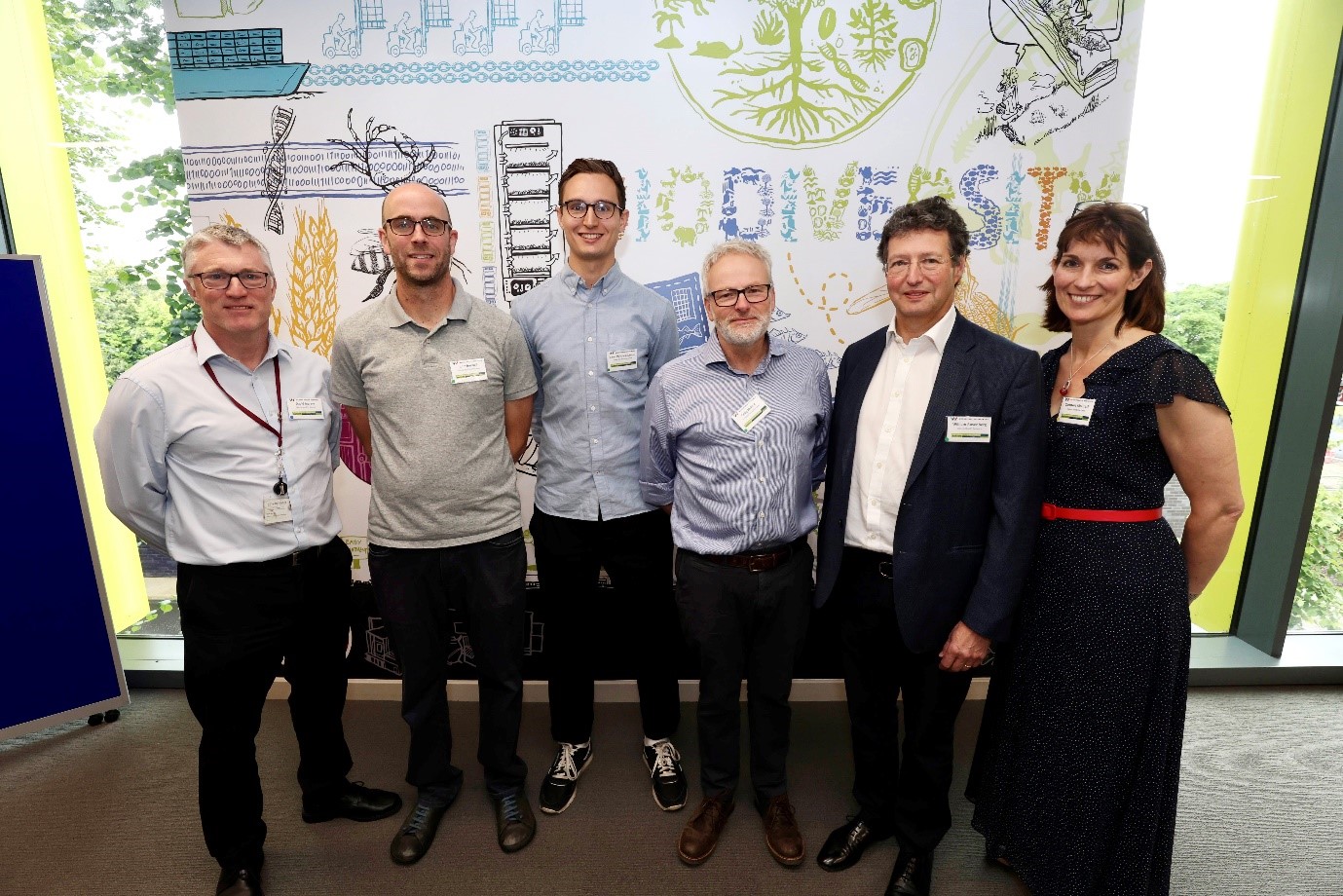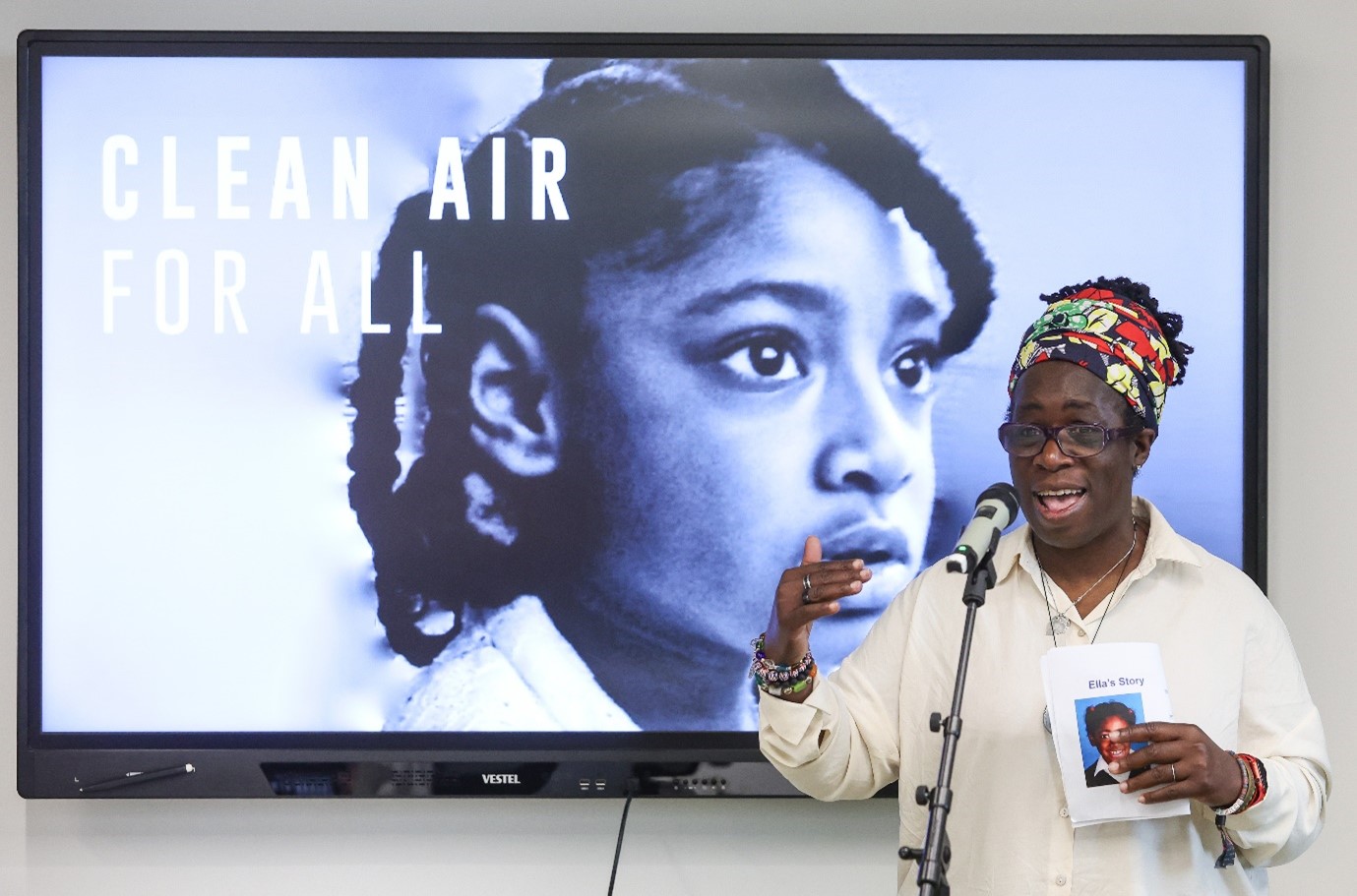Programme:
Clean Air South is a new partnership, co-hosted by Wessex Health Partners and the Sustainability and Resilience Institute at the University of Southampton (part of the civic university), aimed at urgently addressing the issue of air pollution.

A recent gathering brought together academics, healthcare professionals and local policy makers to share initial findings from a landmark report into the state of air quality in the Wessex area.
Report authors, Professor John Boswell, co-director of Centre for the South, and Adam Meylan-Stevenson, Policy Associate from the University of Southampton, flagged current gaps in evidence and opportunities for local policy makers to take action.
Although improvements have been made, delegates heard that air quality in the south is “fairly bleak” and cause “severe health effects.”
There are more than 30 Air Quality Management Areas (AQMAs) in the region. Southampton is worse than other cities for some air pollution concentrations, at its very worse days of air quality lead to spikes in hospital admissions.
In Portsmouth, air pollution is a contributing factor in 6.2% of deaths. Right across Hampshire, deaths attributable to particulate air pollution are slightly higher than the average in England.
The issue exacerbates health inequalities, with those causing the least pollution more likely to be impacted. Children are especially harmed, and there is also evidence of racial inequalities.
"The collective sense is that we already know quite a lot about the causes and effects of poor air quality in the central south area,” explains report co-author John Boswell, “but there is a need to better build the case with local policymakers in order to push forward with necessary changes.
“The next frontiers are to collate and transform the available data into accessible and actionable intelligence for policymakers, to build sufficient community and stakeholder support to ensure there is 'political will' for action, and to arm local health practitioners with skills and knowledge to better mitigate the adverse health impacts of poor air quality. I hope the launch of our report and the conversations it has generated form a useful step on the way to the Clean Air South network delivering on these urgent needs."
Delegates were also addressed by clean air campaigner Rosamund Adoo-Kissi-Debrah, whose daughter Ella remains the only person in the UK to have ‘air pollution’ on her death certificate.

Rosamund addresses delegates
“Air pollution is a silent killer and a pandemic,” she said, “killing more people than Covid. On the days there is a spike in pollution, more people go to hospital. If we clean up the air it wouldn’t be such a burden on the NHS. My daughter died a horrible death and children continue to die from asthma. It is our right to breathe clean air and we will keep battling to be heard.”
Prof Craig Hutton, director of Sustainability and Resilience Institute, said: “Air quality in Wessex is an interdisciplinary issue taking in politics, academics, policy – all these need to come together with people working in health to understand how the lack of air quality impacts people’s lives. This network talks across these silos and breaks those down. In this most recent meeting we really dug in and we really got talking to start tackling this difficult issue. This is a brilliant grouping of people with a real willingness to work across boundaries.”
Jon Lawn, Collaboration Manager at the Institute, said after the event: “It was brilliant to see the enthusiasm across sectors and disciplines to tackle the wicked and hidden challenge of poor air quality across the south of the UK, recognising this is a multi-faceted problem with regional impacts, that differ across society and which often, unjustly felt by the under-served in society.
“This was exemplified by the testimony from air campaigner Rosamund Adoo-Kissi-Debrah, whose daughter’s death was attributed to illegal levels of air pollution. The challenge now is mobilise this enthusiasm and collaborative good-will to understand immediate actions that will make a difference, whilst strategising for longer term solutions and changes in policy that reduce these toxic levels of pollution within the air we breathe.”
David Ingram, service lead for Public Protection at Winchester City Council said, “I was impressed by the wealth of knowledge on air quality and a shared energy to address the region’s air quality challenges. I am excited by the prospect of being part of a truly collaborative regional project to improve data access, gather further comprehensive targeted data sets and release that potential through more in-depth research projects. The new Clean Air South network will provide an exemplar on how collaborative working can make a difference by raising public awareness on air quality, engage real behavioural change and seek to influence central government policy.”
Reflecting on the event, Christine McGrath, Managing Director of Wessex Health Partners commented: “The work of Clean Air South is important, ambitious and urgent. At this week’s Clean Air South event, Rosamund shared with us the tragic death of her daughter Ella and the impact of this silent killer on all of us. Tackling this issue requires a multi-agency approach, with research, innovation and policy changes focused on improving health outcomes and addressing health inequalities.”
The full report will be released in the Autumn.
Want to learn more about our partnership?
Contact us